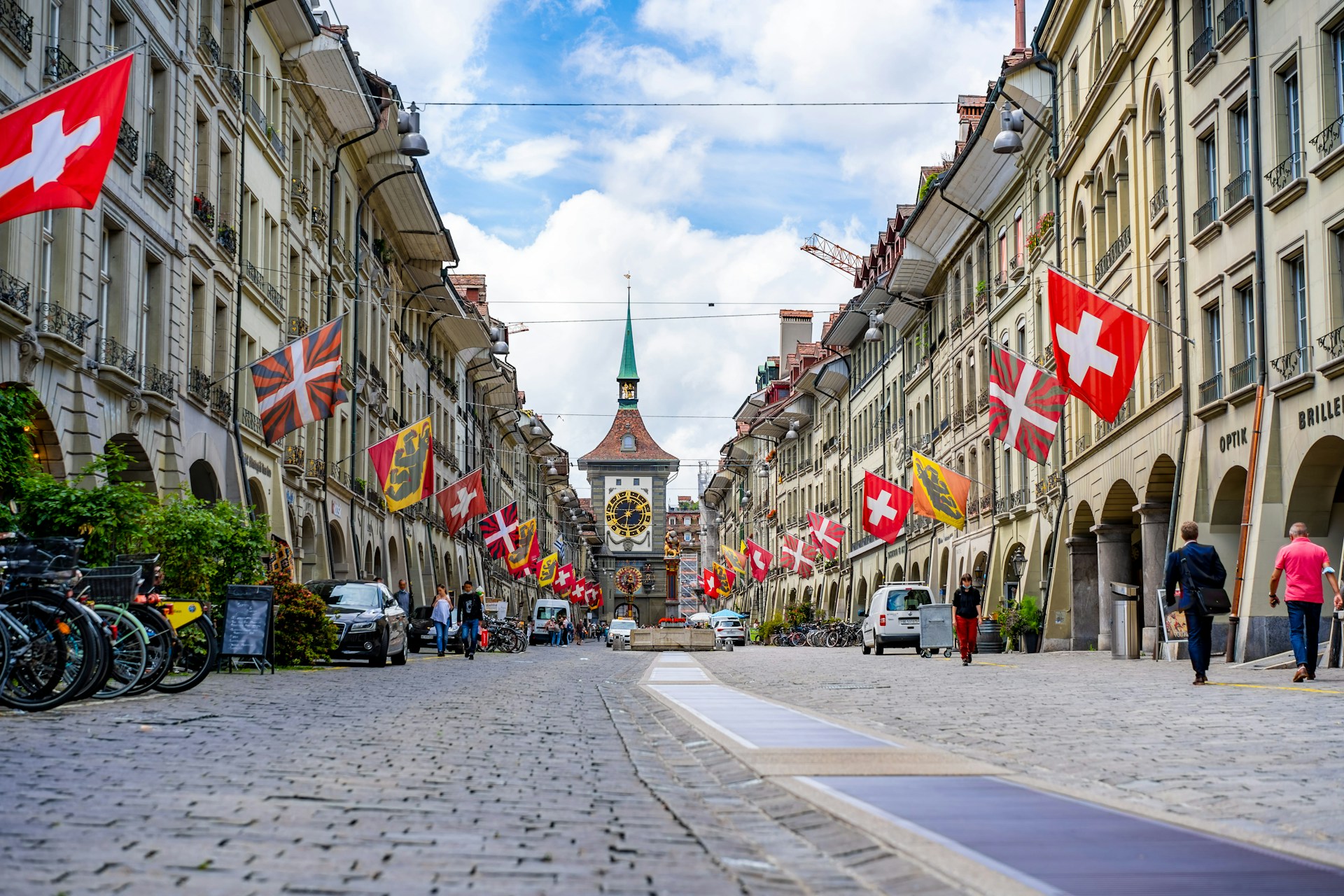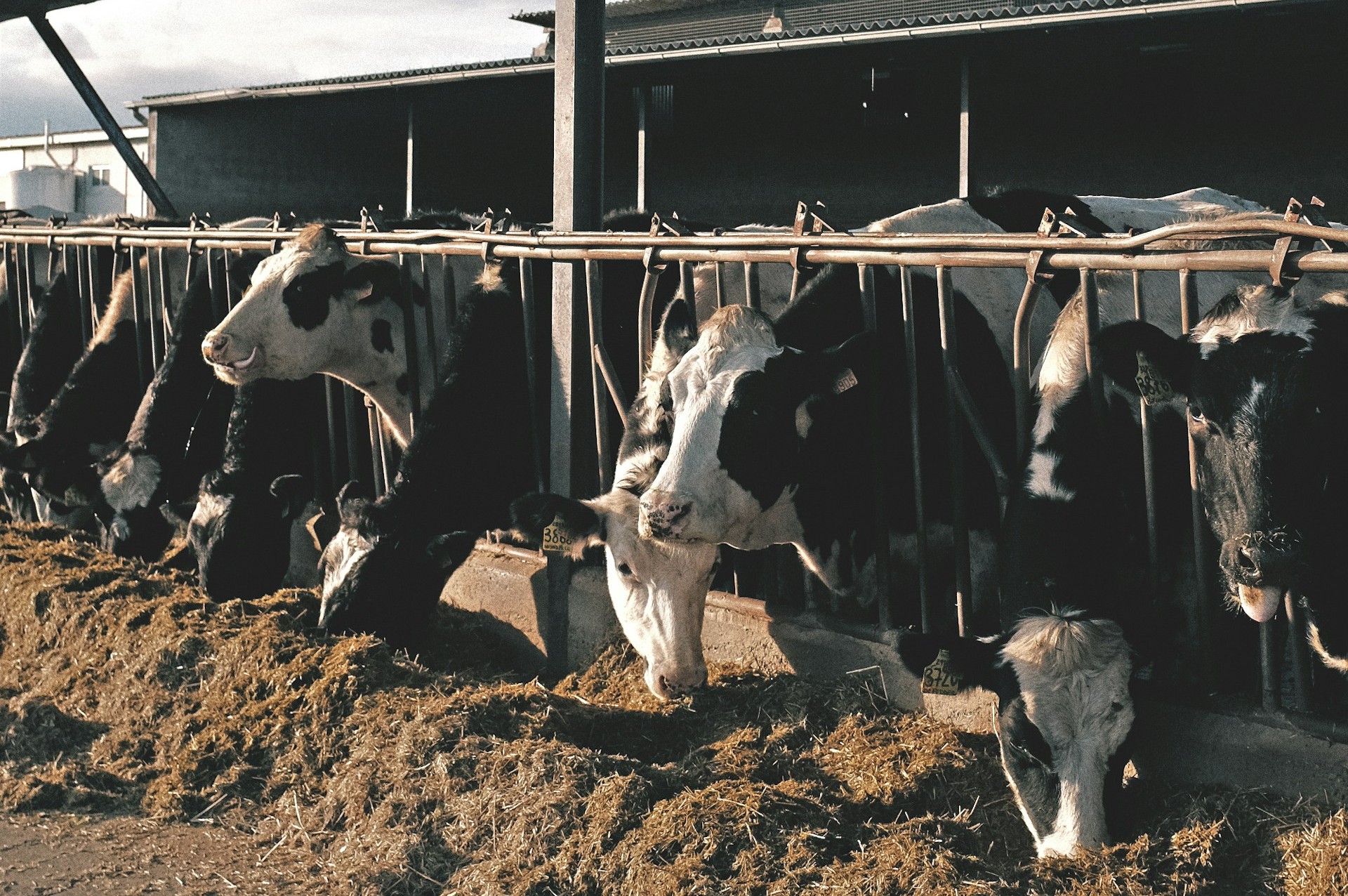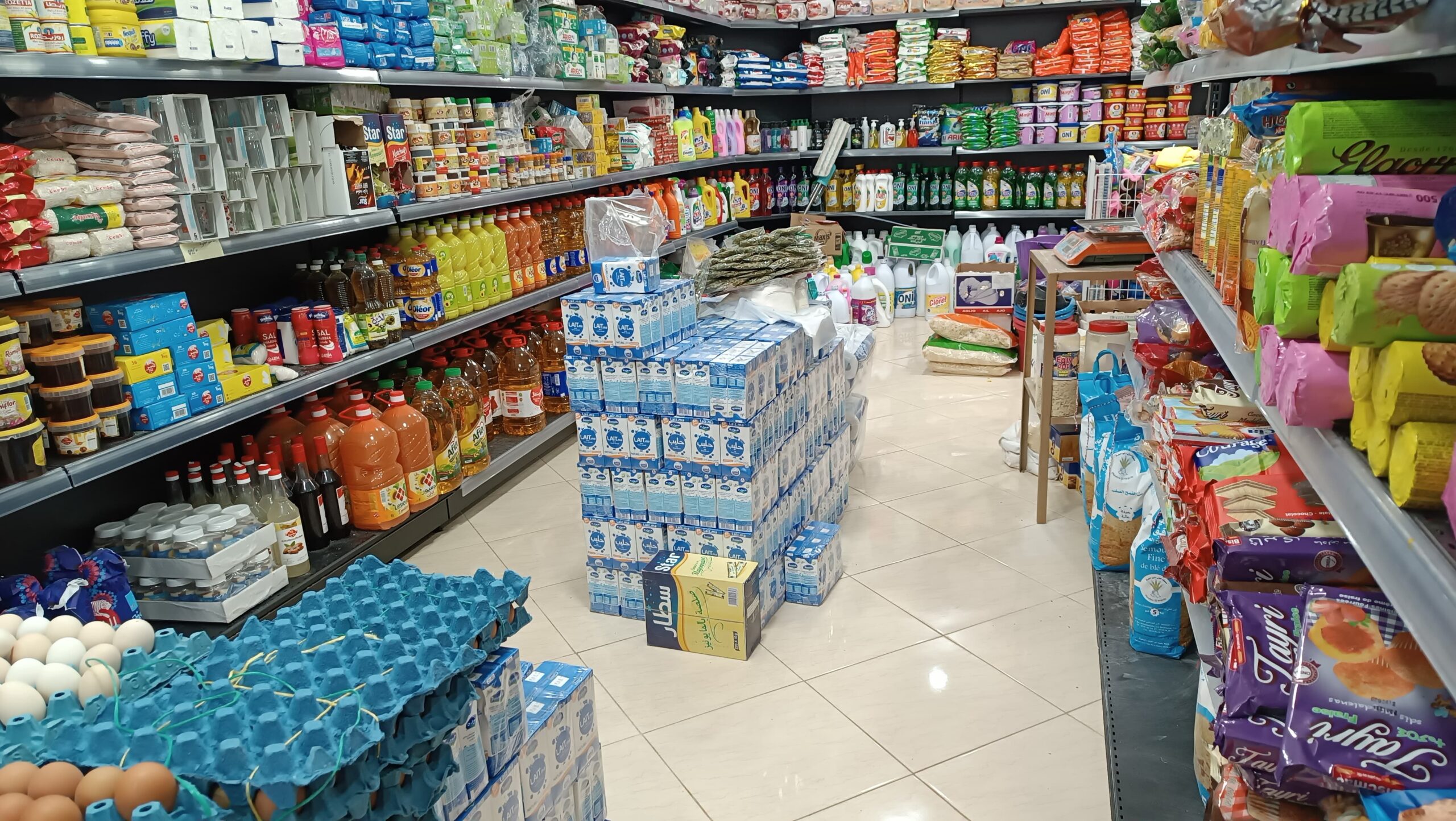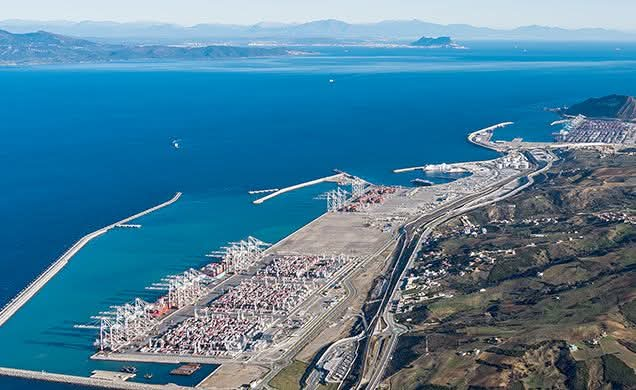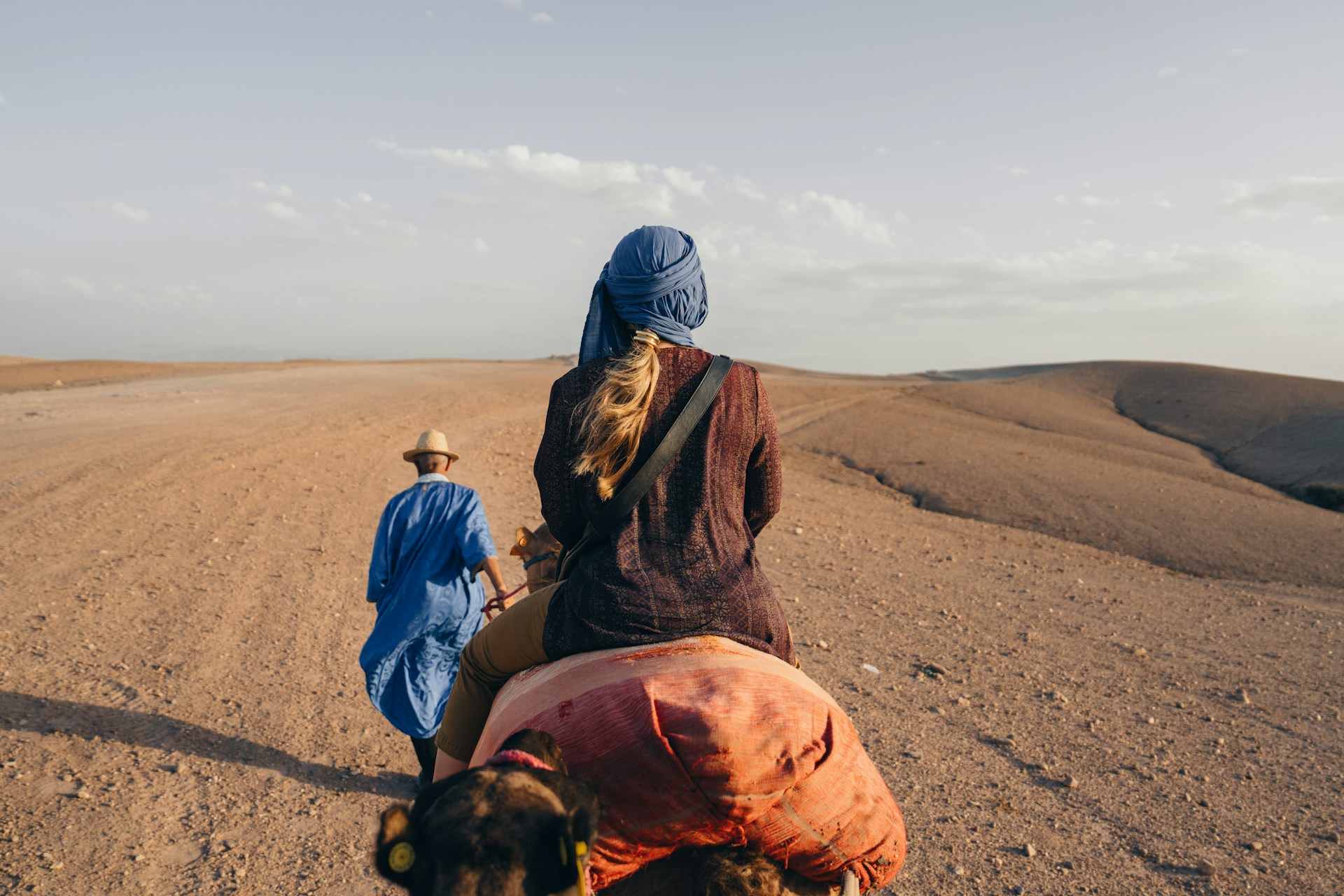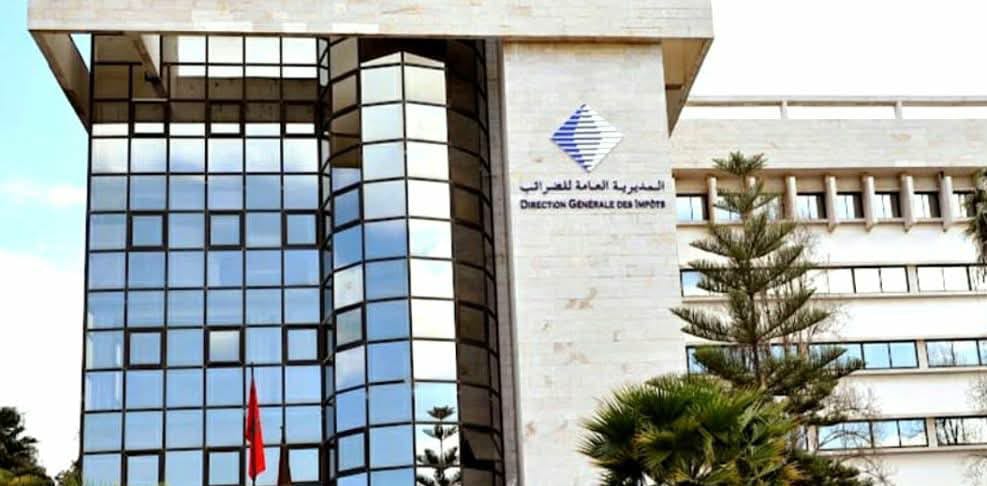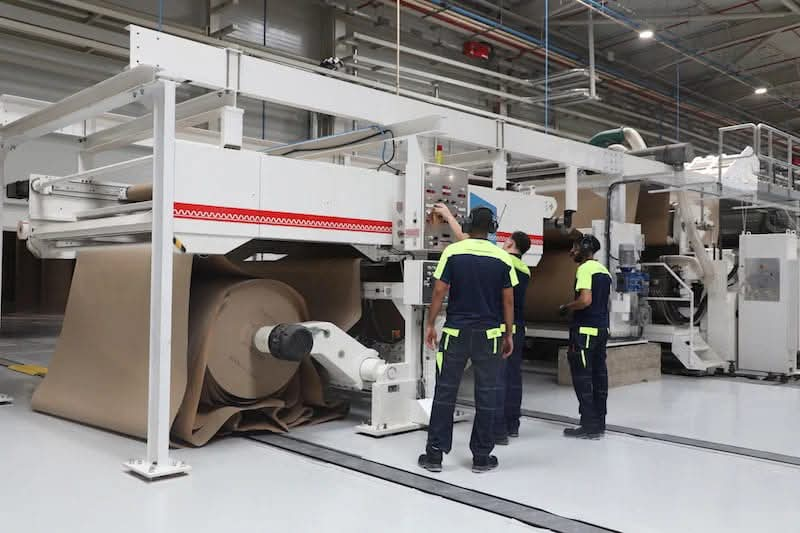Casablanca – Morocco and Switzerland have officially launched a new phase of bilateral cooperation under the Swiss–Moroccan Economic Cooperation Program 2025–2028, a four-year initiative aimed at strengthening innovation, boosting competitiveness, and supporting sustainable job creation across key economic sectors.
The program, presented in Rabat this week by the Swiss State Secretariat for Economic Affairs (SECO), marks a strategic shift in the two countries’ partnership—from traditional cooperation to a long-term, innovation-driven alliance aligned with Morocco’s New Development Model. The initiative makes Morocco one of Switzerland’s priority partners in Africa and allocates a budget of about $28 million, for its implementation.
A new chapter in Swiss–Moroccan cooperation
Launched in the presence of Morocco’s Minister of Industry and Trade Ryad Mezzour and Switzerland’s ambassador to Morocco Valentin Zellweger, the event gathered dozens of institutional representatives, development partners, and business leaders. The program reflects both nations’ shared ambition to promote sustainable and inclusive growth, while reinforcing Morocco’s role as a regional hub for innovation and investment.
Since 2004, Switzerland has supported Morocco through various cooperation frameworks focused on environmental risk management, governance, and economic resilience. The new program expands this collaboration to include industrial modernization, regional competitiveness, and skills development, particularly in regions with strong growth potential.
Four strategic axes
According to SECO, the program will revolve around four main pillars designed to foster a competitive and inclusive economy:
- A business environment conducive to innovation:
This axis aims to improve Morocco’s investment climate and strengthen the capacity of Regional Investment Centers (CRI) to attract and manage new business ventures. - Skills development:
The program will support vocational training and workforce upskilling to better align with market demands, with a focus on the textile and tourism sectors—two areas where Morocco seeks to expand high-value employment. - Integration of sustainable value chains:
This component focuses on promoting innovation, digital transformation, and international market access for Moroccan enterprises, encouraging environmentally responsible production. - Improved access to finance:
Special emphasis will be placed on small and medium-sized enterprises (SMEs), ensuring they can secure funding and participate more effectively in national and global value chains.
SECO stated that the initiative is designed as a strategic tool to empower Moroccan enterprises, enhance innovation capacity, and support regional development in a sustainable manner.
Supporting regional and green transformation
The new Swiss–Moroccan framework also integrates the objectives of Morocco’s industrial and digital transformation strategies, including efforts to develop a green, low-emission industrial base. SMEs—often described as the backbone of Morocco’s economy—will be central to this effort, receiving technical and financial assistance to modernize operations and adopt cleaner technologies.
One of the first tangible outcomes of the program is the signing of a sustainable tourism project in the Béni Mellal–Khénifra region, involving Morocco’s Ministry of Tourism, the Swiss SECO, and the Moroccan Agency for Tourism Engineering (SMIT). The project aims to promote ecotourism and local entrepreneurship while creating long-term employment opportunities in rural areas.
Mutual trust and economic opportunity
During the launch event, Minister Mezzour highlighted the growing trust and complementarity that define Moroccan–Swiss relations. He noted that Switzerland’s strong industrial base and Morocco’s expanding manufacturing capacity offer “a foundation for building innovative and future-oriented economic solutions.”
Ambassador Zellweger reaffirmed Switzerland’s commitment to deepening ties with Morocco, describing the kingdom as “a stable, dynamic, and forward-looking partner” capable of driving regional growth. He emphasized that Switzerland’s decision to designate Morocco as a priority country for cooperation reflects “a deep and mutual confidence” and a shared determination to build a sustainable future together.
He added that the program’s focus on competitiveness and employment reflects Switzerland’s long-standing approach to cooperation—one that prioritizes impact, inclusion, and local capacity-building.
Toward an inclusive and sustainable future
The Swiss–Moroccan Economic Cooperation Program 2025–2028 is fully aligned with Morocco’s national development agenda, which aims to create equitable economic opportunities, reduce regional disparities, and encourage private-sector participation in growth.
By promoting innovation, training, and access to finance, the initiative seeks to strengthen Morocco’s attractiveness for both domestic and foreign investors while reinforcing its transition toward a resilient and environmentally responsible economy.
The program’s flexibility also allows for targeted interventions in areas where the economic impact can be most significant, ensuring that cooperation remains adaptive to Morocco’s evolving development priorities.
This new phase of partnership underscores the shared vision of Rabat and Bern: building an economy that is innovative, inclusive, and sustainable—an economy capable of turning cooperation into a driver of prosperity for both nations.






